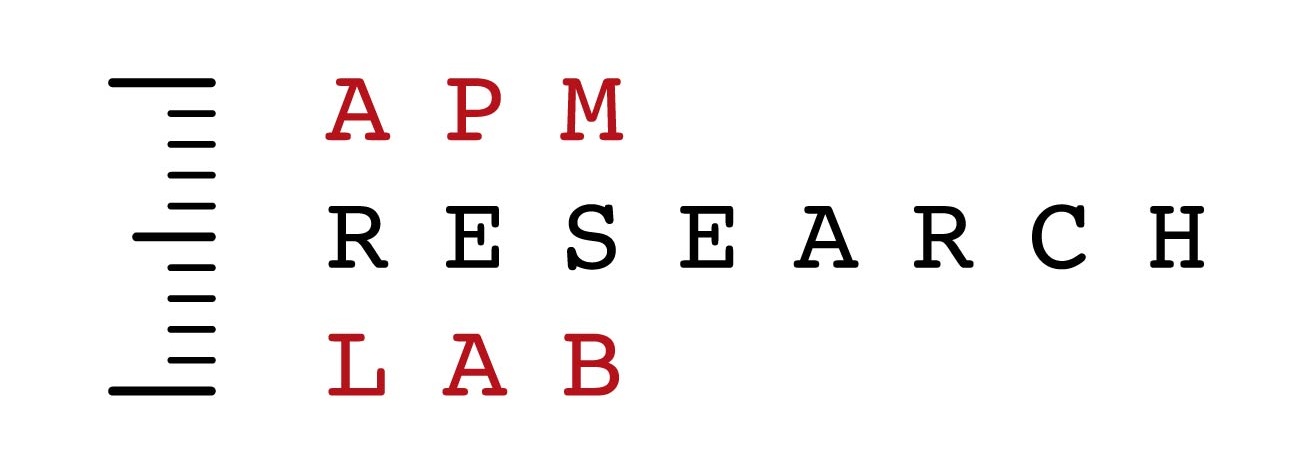Poll: A majority of Americans embrace democracy, but most self-censor their political speech
Photo by Kevin Lanceplaine on Unsplash.
by CRAIG HELMSTETTER | July 3, 2023
The McCourtney Institute for Democracy’s most recent Mood of the Nation Poll, conducted May 12-18, finds that three-quarters of American adults endorse democracy as the best system of government, but only 16% say they feel comfortable talking about politics with everyone.
Further, the poll finds that Americans are most inclined to self-censor at work and around family. About half indicate self-censoring their political speech around close friends.
And one in eight restrict their political discussion around their spouse or romantic partner.
Most — but not all — embrace Democracy as the best system of government
Three quarters of American adults indicate that they agree with the statement “democracy may have problems, but it is the best system of government,” including the 45% who agree strongly. Most other Americans neither agree nor disagree with the statement, and the remaining eight percent disagree.
Six earlier Mood of the Nation polls, starting in September 2019, have included this question and the results have consistently shown that approximately half of U.S. adults agree strongly that democracy is the best system of government.
Unlike many political opinions, the proportion of Republicans and Democrats agreeing with the statement is very similar. Among independents who do not lean toward either major party, a consistently lower proportion than those identifying with the major parties believe democracy is the best system of government.
For an in-depth look at what Americans think about Democracy, see: A strong majority of Americans endorse democracy, but some—especially among younger generations—are skeptical (Jan. 2023)
Self-censorship in discussing politics
Only sixteen percent of American adults, about one-in-six, say they feel comfortable talking about politics with anyone. A majority, 64%, indicate that there are some people with whom they cannot talk about politics. Another 13% indicate that they always avoid discussions about politics, bringing the total who self-censor to 77%. An additional seven percent also avoid the topic, but they indicate their avoidance of political discussion stems from a lack of interest in the topic.
The poll followed up with the nearly two-thirds who say that they selectively self-censor about politics to see which of four groups they are most likely to self-censor among: co-workers; family members; close friends; or spouses, domestic or romantic partners.
Among those who felt they were able to respond to each category, the proportion who selectively self-censor is highest among co-workers (71%), closely followed by family members (67%). About half indicated that they selectively self-censor among their close friends, and 13% indicate self-censoring with their spouse, domestic or romantic partner.
In their own words
When asked “please tell us why you avoid these political discussions,” responses generally fall into major themes around (1) wanting to avoid the conflict, at least with certain people; (2) the inappropriateness of talking about politics in certain settings, most commonly work; and (3) those with whom I disagree are too close-minded. Several answers touch on more than one of these themes. Examples include:
“I don't want to seem as if I'm imposing. Also, our current political climate does not lend to the ability to have fruitful conversations.” – 25-year-old Black American female from South Carolina.
“For work, it’s an echo chamber and saying one thing they disagree with can result in being cancelled or worse, losing my job.” – 39-year-old Asian American male from Washington.
“Some people only get their political news from heavily biased sources. They're spoon-fed what to believe, and they refuse to consider they may have been lied to.” – 50-year-old white male from Florida.
Self-censorship differences by demographic group
Observing the patterns among how different groups of adults think about discussing politics poll director Eric Plutzer, Ph.D. stated, “There are two very different ways Americans are pushed away from political discussion. The first is lack of interest. That answer is given most often by the poor, Latinos and especially the young and Independents. This answer suggests cynicism or alienation – that politics is distant or irrelevant to their lives, or that it doesn’t really matter what they do. The other is deliberate avoidance, even if they are interested. This suggests that it’s often unpleasant to discuss politics because it is emotional and civic discussion has become aggressive and polarized.”
Republicans and Democrats self-censor at statistically identical rates. The bigger difference is between those identifying with the two major parties (which includes independents who say they lean toward either major party for purposes of this analysis) and those who indicate that they are politically independent. Sixteen percent of political independents indicate that they are uninterested in politics, compared to three percent of Democrats and five percent of Republicans
PARTNER FOR THIS SURVEY
The McCourtney Institute for Democracy at Penn State promotes scholarship and practical innovations that defend and advance democracy in the United States and abroad. Through teaching, research and public outreach, the Institute leverages the resources of Penn State and partners around the world to foster a model of deliberation, policymaking and responsiveness that is passionate, informed and civil.
The Institute’s Mood of the Nation poll offers a unique approach to public opinion polling. It allows Americans to speak in their own words through open-ended questions that focus on emotions like anger and hope, as well as commitment to constitutional principles.
For earlier findings from our collaboration with the McCourtney Institute, see our Mood of the Nation landing page.

